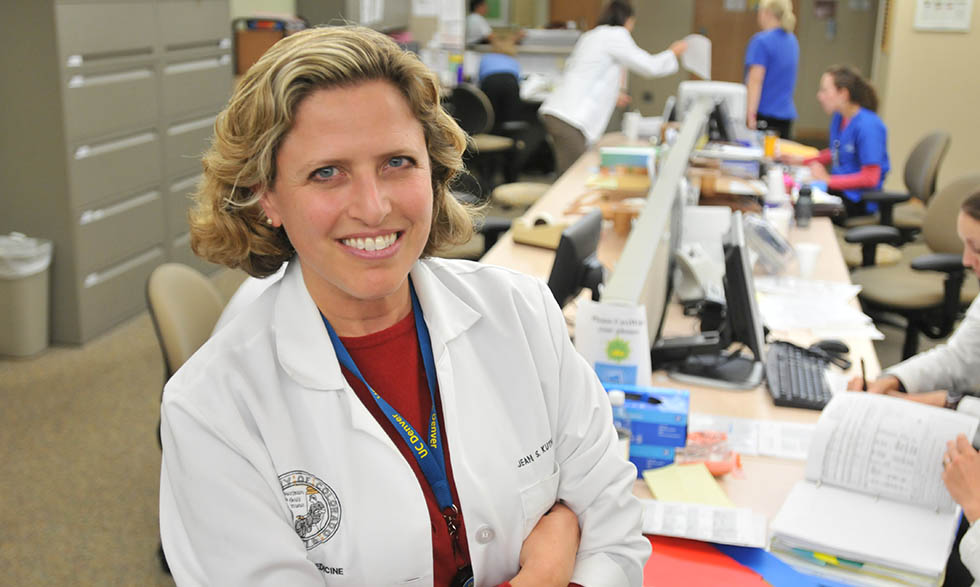Jean Kutner, M.D., a professor of medicine at the University of Colorado School of Medicine, is a well-known expert in palliative and hospice care. She is also a top researcher in the field. She says palliative care "focuses on the whole person, addressing their spiritual, psychological, and medical needs along the whole course of their journey with a serious illness."
This year, the COVID-19 pandemic has spotlighted the need for doctors and nurses trained in palliative care. Hospitals are treating thousands of seriously ill patients. Many of them may end up on life support with their families unable to be with them.
Dr. Kutner discussed how palliative care teams are helping patients and families during this time.
Doctors and nurses trained in palliative care have been in high demand during the pandemic. Has the crisis shown people how this kind of care can help patients and their families?
Yes, absolutely. At hospitals across the country, there has been increased demand for palliative care teams. They help overwhelmed families, patients, and hospital staff cope with this very serious illness. It has been especially hard for patients and families who have to be separated because the virus is so contagious. A palliative care team can support families that have to make difficult decisions. The pandemic has also shown the importance of having conversations about the goals of care—such as, do you want to be on a ventilator?—and documenting someone who can make medical decisions for a patient who is seriously ill or dying. This is also known as a health care proxy.
Much of the early research on the benefits of palliative care involved cancer patients. How is the scope of palliative care expanding?
It's true that palliative care had its roots in helping people with cancer. In the last five-plus years, there has been more work with people who have Parkinson's, ALS, heart failure, lung diseases like COPD, advanced kidney disease, and dementia. These groups have different needs than cancer patients. There's also been exciting research supporting children and adolescents with progressive, life-limiting illness.
Can you tell us about the NIH-funded research you are involved in?
I am the lead researcher in a large national project funded by the National Institute of Nursing Research on providing training for other palliative care researchers. I'm also doing research on training palliative care providers to help families with the most difficult conversations regarding a family member's health.
Until recently, people may not have heard of palliative care or confused it with hospice care. Is that changing?
When I gave talks to public groups about palliative care 10 years ago, I often would get blank stares. But that is changing. More people have heard of it. There is also a growing number of patient and provider groups who are huge advocates of it. I especially see that among our nursing and medical school students, even clinical psychology students. When I do interviews for residency programs in internal medicine, the students ask about rotations in palliative care. They feel it's important. This generation of trainees is truly going to change this field.







